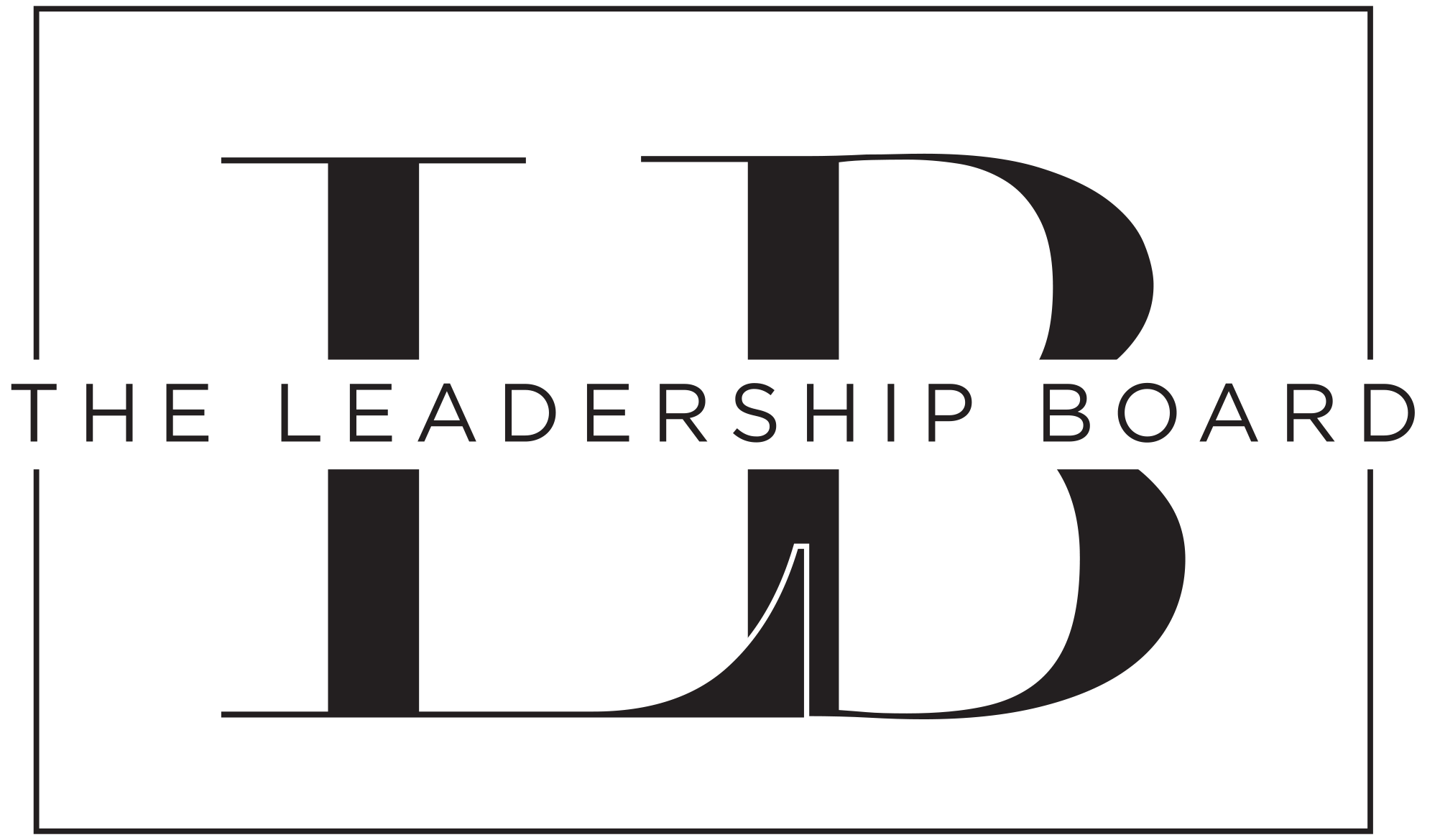2025 Q2 HR Investment Priorities and Opportunities in the DACH Region
The HR landscape in the DACH region (Germany, Austria, and Switzerland) is undergoing rapid transformation as organisations face challenges in talent acquisition, digitalisation, and workforce engagement.
Insights from The Leadership Board’s latest roundtable discussions highlight how HR leaders are prioritising investment in AI-driven recruitment, leadership development, employee experience, and digital transformation.
Read more to explore the key HR investment priorities shaping the DACH region, the emerging challenges, and the strategic opportunities for organisations navigating this evolving landscape.
Key HR Investment Priorities in the DACH Region
1. AI-Driven Recruitment and Talent Acquisition
AI technology is playing an increasingly central role in recruitment, with 83% of HR leaders discussing AI’s role in shaping the employee experience.
Organisations are leveraging AI to streamline hiring processes, enhance candidate experience, and improve decision-making.
Key investment areas:
AI-powered applicant tracking systems (ATS) to manage high-volume applications
AI-driven candidate screening to reduce hiring bias and improve talent matching
Predictive analytics for workforce planning and reducing turnover
However, challenges remain, including AI bias in recruitment tools and the need for DE&I (Diversity, Equity & Inclusion) teams to oversee AI implementation to ensure fairness.
2. Employee Experience and Workplace Culture
A 76% increase in discussions around employee experience strategy indicates that HR leaders are prioritising initiatives that foster a more engaged and satisfied workforce.
Investment trends include:
Implementing interactive digital platforms for employee feedback and engagement
Enhancing HR self-service portals to improve internal communication
AI-driven HR chatbots for 24/7 employee support
Hybrid work policies, balancing remote flexibility with in-office collaboration
Organisations are also focusing on mentorship networks, leadership training, and office redesigns to improve employee well-being and workplace culture.
3. Leadership Development and Change Management
With businesses facing constant change, leadership development remains a critical investment area.
74% of HR executives in the DACH region emphasise the need for empathetic leadership to navigate organisational transformation.
Key leadership investment areas:
Emotional intelligence training for managers to enhance team cohesion
Change management programs to prepare leaders for digital transformation
Strategic leadership coaching to drive performance and innovation
HR leaders are also integrating AI-powered "pocket coaches" to provide real-time guidance to managers, ensuring leadership effectiveness in hybrid and remote work environments.
4. Digital Transformation and HR Technology
Digital transformation in HR is accelerating, with AI, automation, and HR analytics taking center stage.
65% of HR leaders in the DACH region prioritise investments in digital skills development and process automation.
Investment areas include:
HRMS (Human Resource Management Systems) for integrated talent management
AI-powered HR analytics for workforce planning and decision-making
Process automation in payroll, onboarding, and benefits administration
Organisations are also focusing on cybersecurity in HR tech, ensuring compliance with evolving data protection laws.
5. Compensation, Benefits, and Rewards
To attract and retain top talent, organisations are reevaluating their compensation structures.
The discussions highlight a shift towards personalised and flexible benefits.
Investment priorities include:
AI-driven compensation benchmarking tools for pay equity analysis
Flexible benefits platforms, allowing employees to customise perks
Recognition programs that integrate with performance management systems
HR leaders in the pharmaceutical, IT services, and software development sectors are particularly focused on reward structures that align with business performance and workforce expectations.
Challenges Facing HR in the DACH Region
1. AI Bias in Recruitment
While AI streamlines hiring, HR teams remain cautious about biases in AI-driven recruitment tools.
Organisations are addressing this by investing in AI ethics training and DE&I oversight committees to mitigate risks.
2. Hybrid Work Challenges
HR teams struggle to balance flexibility with employee engagement.
Companies are implementing hybrid policies with structured in-office collaboration days, but leaders must navigate fairness between remote and on-site employees.
3. Digital Adoption Barriers
Despite investments in digital HR tools, organisations face resistance to new technologies.
To improve adoption, HR teams are focusing on change management strategies and employee training programs.
4. Leadership Gaps and Skills Shortages
With 72% of organisations recognising skills gaps, HR leaders are prioritising succession planning, leadership coaching, and AI-driven skills assessments to bridge the divide.
Future Trends in HR Investment for 2025 and Beyond
1. AI-Augmented HR Decision-Making
AI will continue transforming HR by enhancing workforce analytics, optimising recruitment strategies, and predicting employee attrition rates.
2. Skills-Based Hiring and Workforce Upskilling
HR teams are shifting towards skills-first hiring, moving beyond traditional job descriptions. AI-powered competency models will play a critical role in assessing workforce potential.
3. Personalised Employee Benefits and Wellbeing Programs
The trend toward customised compensation packages and wellbeing analytics will shape HR strategies, ensuring employee satisfaction and retention.
4. Ethical AI Governance in HR
As AI adoption increases, organisations will establish ethical AI frameworks to ensure transparency, compliance, and fair hiring practices.
The HR landscape in the DACH region is evolving rapidly, with AI, employee experience, digital transformation, and leadership development driving investment priorities.
Organisations that strategically invest in HR technology, ethical AI practices, and employee engagement will gain a competitive edge in attracting and retaining top talent.
Through The Leadership Board’s ongoing roundtable discussions, HR leaders continue to shape the future, ensuring that their investment strategies align with workforce needs and business goals.
In a rapidly changing environment, staying ahead means embracing innovation, fostering a skills-based culture, and leveraging AI to drive workforce success.




